Dhaka, Sep 10 (V7N) – The 2024 edition of the WTO's World Trade Report provides compelling evidence that international trade has significantly contributed to reducing income inequality between economies since the establishment of the WTO 30 years ago.
The report also examines how the benefits of trade are distributed within economies, emphasizing the importance of a holistic strategy that combines open trade with supportive domestic policies.
WTO Director-General Ngozi Okonjo-Iweala highlighted trade's transformative impact on poverty reduction and shared prosperity, countering the narrative that trade and global institutions have exacerbated inequality.
A key finding of the report is the strong correlation between high trade participation and faster economic growth in low- and middle-income countries. Between 1996 and 2021, economies with a higher share of trade in GDP experienced more rapid income growth, converging towards the income levels of high-income countries.
Membership in the WTO and its predecessor, the GATT, has also boosted trade by 140% on average, with WTO accession negotiations leading to faster economic growth in participating countries.
While the report acknowledges challenges, particularly for economies with weak trade participation and high commodity dependence, it emphasizes that reduced trade alone will not drive inclusiveness. Instead, a comprehensive approach is needed, integrating open trade with vocational training, unemployment benefits, education, competition policies, and improved infrastructure.
Reducing trade costs, bridging the digital divide, and updating WTO rules to reflect the growing role of services, digital trade, and green sectors are seen as essential steps for the future.
WTO Chief Economist Ralph Ossa emphasized that true inclusiveness requires both open trade and supportive policies, along with greater international cooperation.
END/MSS/



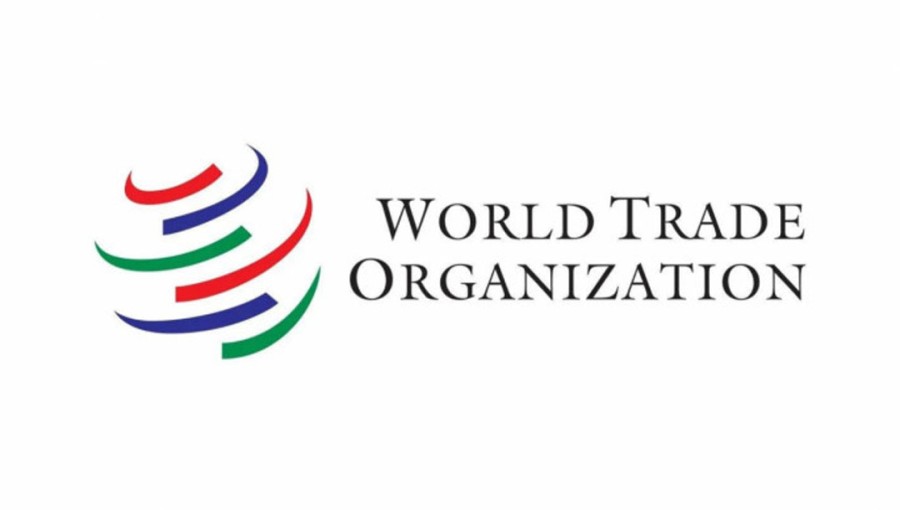





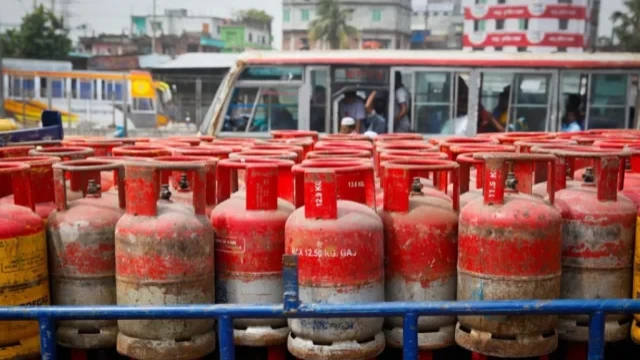

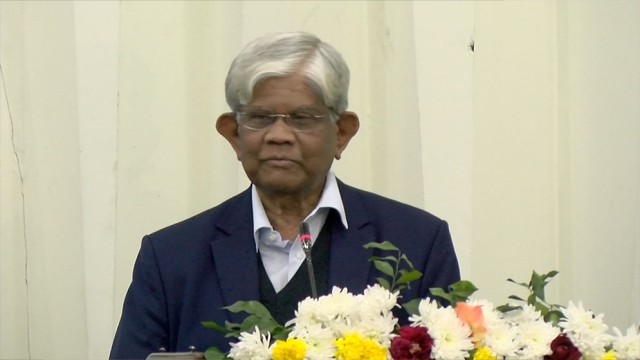

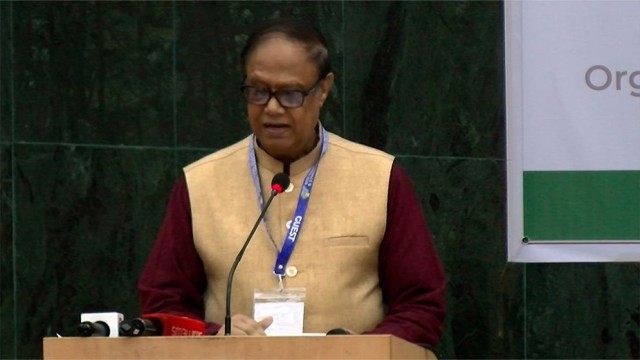
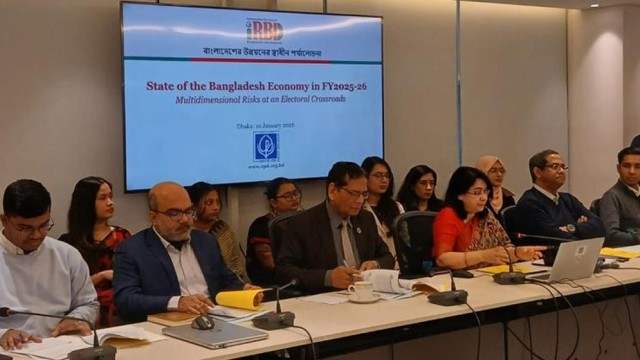
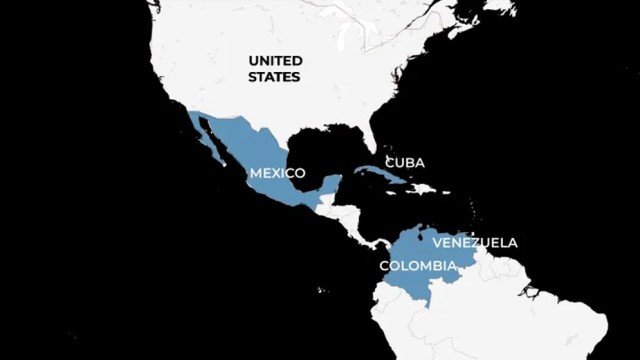








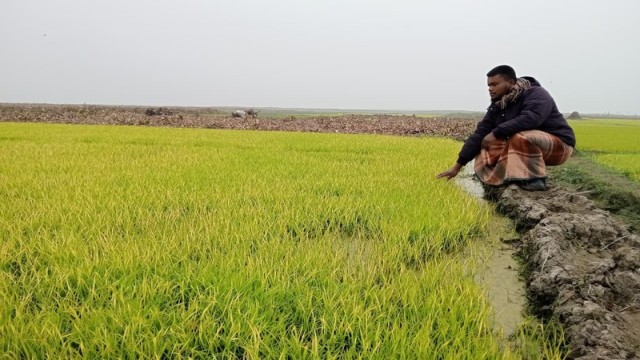






Comment: